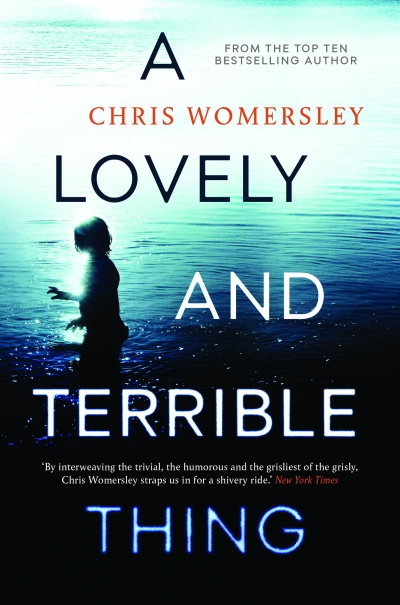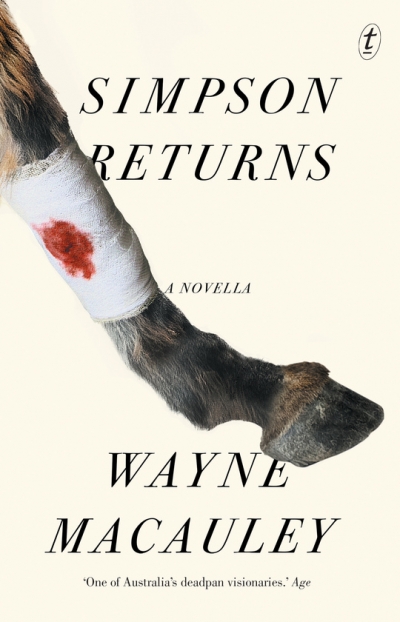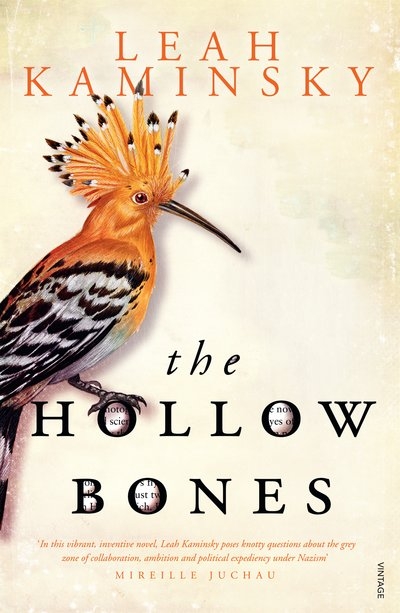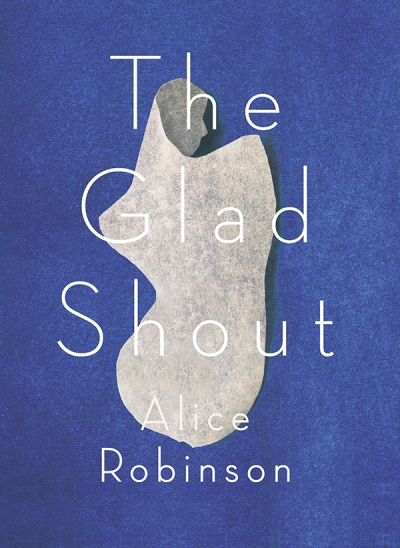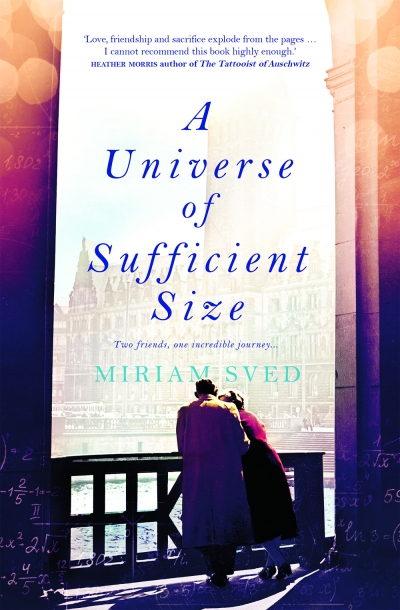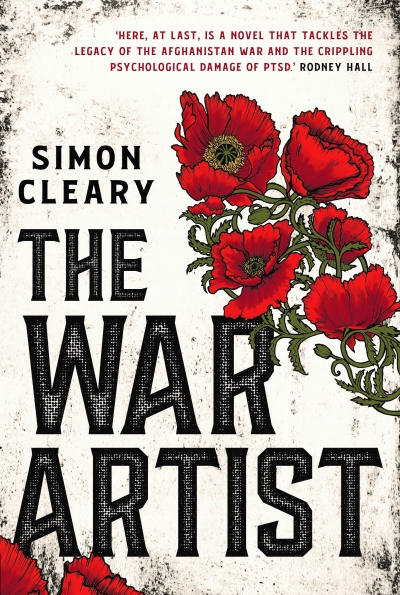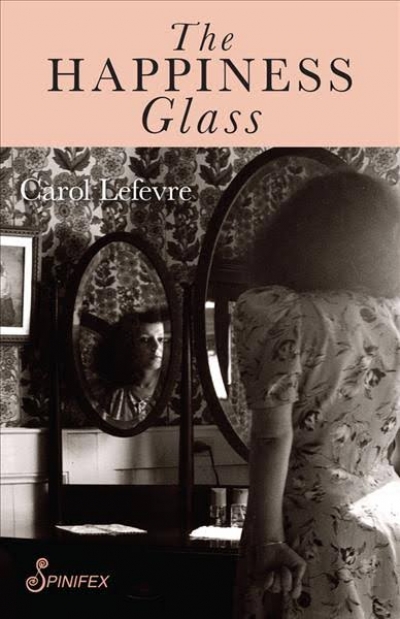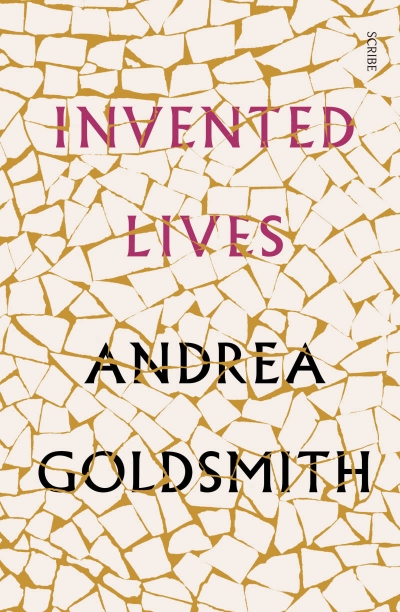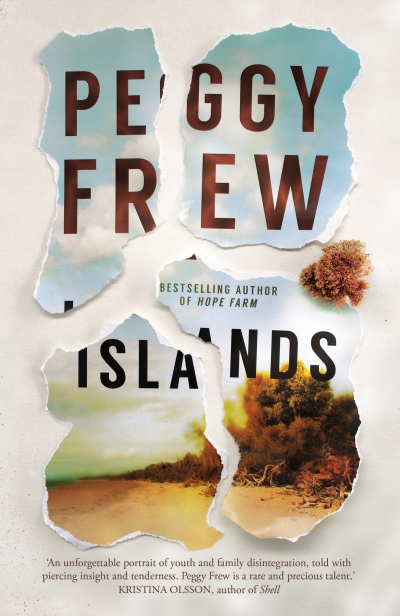Fiction
In Chris Womersley’s collection of short fiction, A Lovely and Terrible Thing, a man is caught in a fugue moment. Just after unexpectedly discharging a gun into the body of a stranger, he gazes at his reflection in a darkened window pane: ‘I saw someone outside looking in, before realising it was, in fact, my own reflection ...
... (read more)Care and compassion, a fair go, freedom, honesty, trustworthiness, respect, and tolerance. These were the nine ‘Australian values’ that former Liberal Opposition Leader Brendan Nelson demanded be taught in schools, especially Islamic schools, across the nation in 2005. How? ...
... (read more)Ian McEwan’s new novel imagines an alternative history of England in the 1980s, one in which Argentina won the Falklands War and Margaret Thatcher was subsequently trounced at the polls. It also projects an alternative narrative of scientific progress, one in which the brilliant mathematician Alan Turing did not die in 1954 ...
... (read more)Leah Kaminsky’s novel The Hollow Bones focuses on Ernst Schäfer, a German who was sent to Tibet by Himmler in the late 1930s, outwardly to collect plant and animal specimens; secretly to ‘search for the origins of the Aryan race’. Himmler’s abhorrent obsessions are not focused on ...
... (read more)Unusually for literary fiction, Alice Robinson’s The Glad Shout opens right in the thick of the action: Jostled and soaked, copping an elbow to her ribs, smelling wet wool and sweat and the stony creek scent of damp concrete, Isobel grips Shaun’s cold fingers and clamps Matilda to her hip, terrified of losing them in the roiling crowd ...
... (read more)At the front of Miriam Sved’s A Universe of Sufficient Size is a black-and-white photograph of a statue. The cloaked figure holding a pen (‘like a literary grim reaper’, reflects one character) is the statue of Anonymous in Budapest, a significant setting in the book. Its inclusion is a reminder that the novel draws on the story of ...
... (read more)It’s virtually axiomatic: ‘war can fuck you up’. This pithy observation, made by a veteran in The War Artist, Simon Cleary’s new novel about the travails of an Australian soldier during and after a tour of Afghanistan, goes to the heart of what we now understand about the impact of battle and its psychological aftershocks ...
... (read more)Carol Lefevre is the author of two novels and a non-fiction book on Adelaide, all well received and awarded. Yet she is not as well known in her own country as she should be, having spent decades in England. I hope The Happiness Glass will remedy that ...
... (read more)John Berger describes emigration as ‘the quintessential experience of our time’ (And Our Faces, My Heart, Brief as Photos, 1984), and gives credence to the concept that geographic and psychological exile is pervasive to the human condition. ‘No one willingly chooses exile – exile is the option when choice has run out,’ says the ...
... (read more)According to the AFP, two Australians under the age of eighteen are reported missing every hour. Most are found alive, fairly quickly, but an unlucky few will progress to the category of long-term missing persons. From the Beaumont children of the 1960s to the more recent disappearance of toddler William Tyrrell ...
... (read more)

